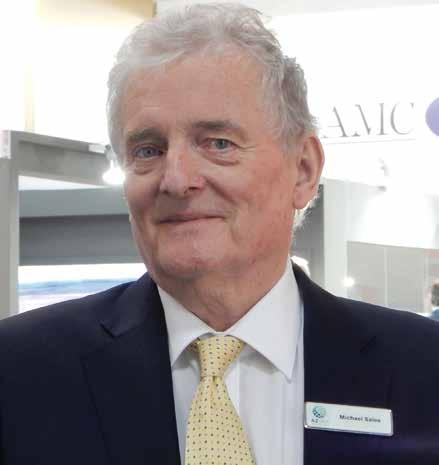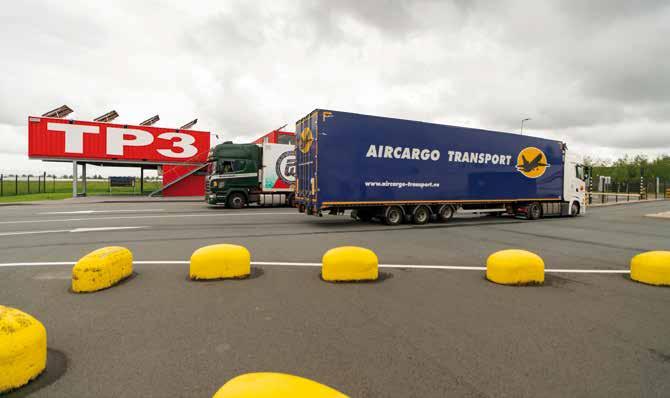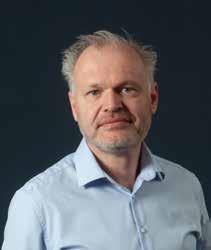10
LIVING LAB
Schiphol transporters work on innovative concepts to improve efficiency in CATALYST The Living Lab CATALYST – a public private partnership of over 40 partners from the business community, public authorities and knowledge institutes coordinated by TNO – was founded in 2019 to develop and accelerate Connected Automated Transport innovations for more sustainable, safer and more efficient heavy road transport.
Text en Photography Catalyst
In the CATALYST Living Lab we investigate these CAT applications, which create both societal value and an economic business case for heavy road transport. These include innovations enabled by improved connectivity and automation, such as Advanced Driver Assistance Systems (ADAS), truck platooning, Super EcoCombi (duo trailers), in-truck
Cargo Magazine
information (such as intelligent traffic lights (iVRIs)) and autonomous vehicles (such as smart dollies) for both enclosed areas and public roads. In CATALYST we work together to develop, evaluate, monitor and roll out valuable solutions.
Improving predictability and efficiency in the Schiphol case Transport companies D.J. Middelkoop, Jan de Rijk and Transportbedrijf R. Nagel and logistical service provider
DHL are involved in the Schiphol cluster in CATALYST. The practical issue that these parties jointly work on, together with the University of Twente and TNO, is how to improve the predictability and efficiency of arrivals and departures of large numbers of trucks for ground handlers. A well-known problem is the unpredictability of the arrival and departure of these trucks. Some transport companies report waiting times of up to five hours in the Schiphol area. This often results in congestion on the (public) roads at and near these locations, unreliability in the delivery or pick-up of freight, missed time slots in the next steps in the logistical chain (e.g. in the production process or transport by air), inefficiency and



























